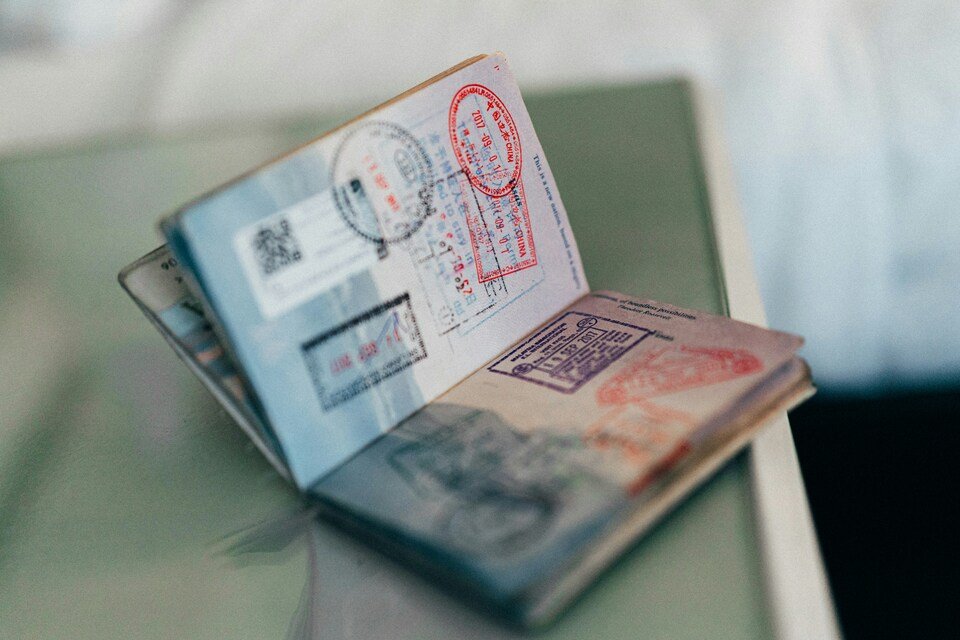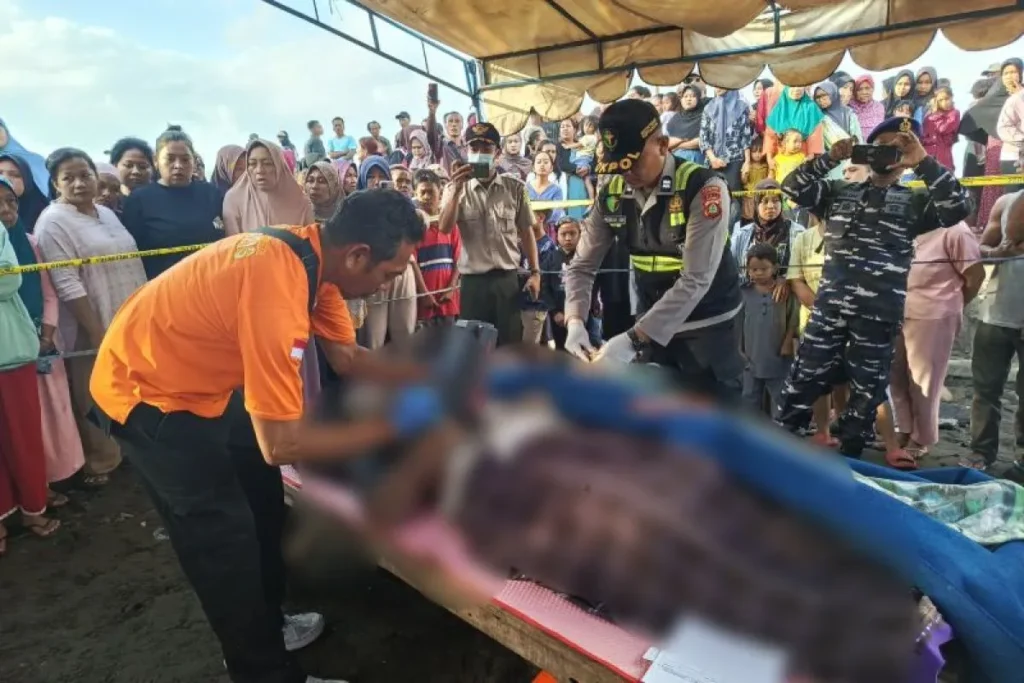
An incident on Tuesday involving a 54-year-old Australian tourist in Bali has once again spotlighted Indonesia’s growing focus on social etiquette for foreign visitors.
Local authorities in Badung escorted the man after his minimal attire and erratic behavior raised concerns in the Kuta area.
Sporting visible facial and body tattoos and dressed only in underpants, the man’s presence reportedly unsettled locals, who alerted the Satpol PP, Indonesia’s Public Order Agency.
“His actions, from shouting to occasionally blocking motorcyclists, prompted community complaints,” explained Wayan Suantara, a commander with the Badung Satpol PP.
Cultural Expectations for Tourists
The swift intervention reflects a broader movement across Indonesia, especially in Bali, to uphold cultural standards as tourist numbers rise.

In recent years, Bali’s government has launched various initiatives aimed at preserving social harmony, including a formalized list of “do’s and don’ts” introduced in June 2023 (included at the end of this story). The guidelines advise tourists to dress modestly, avoid entering temple sanctums without proper attire, and refrain from disrespectful poses at religious sites.
Bali’s stance on tourist behavior has been notably firm, with multiple incidents over the past year underscoring its commitment to these standards.
Earlier this year, several tourists faced fines or deportation for crossing cultural boundaries, such as posing semi-nude near temples or flouting public modesty expectations. Traffic violations have also been met with increased enforcement, with hundreds of foreign visitors fined for unsafe driving practices, underscoring the island’s push for responsible tourism.
Concern for well-being
In the Australian tourist’s case, local authorities reported concern for the man’s well-being, prompting an intervention beyond cultural enforcement.
“Our primary objective is safety and public comfort,” said Suantara, noting that behavioral disturbances from tourists are typically handled with a focus on health assessments and support from diplomatic services if needed.
Following the Australian man’s evaluation at a local hospital, officials plan to consult with the Australian consulate and immigration on appropriate next steps.
Full list of the tourists’ obligations and prohibitions, according to Bali Gubernatorial Circular No. 4/2023:
- Obligations
• Respect the sanctity of temples, pratima (religious effigies) and other sacred religious symbols
• Respect customs, traditions, art and culture, as well as the local wisdom of the Balinese people during the rituals and ceremonies
• Wear polite, reasonable and appropriate clothing when visiting holy places, tourist attractions, public areas and while doing any activities in Bali
• Behave in sacred areas, tourist areas, restaurants, shopping areas, highways and other public places
• Be accompanied by a tour guide who has a permit/license (understand the local conditions, customs, traditions and local wisdom of Balinese people) when visiting tourist attractions
• Exchange currency at authorized money changers, both banks and licensed non-bank places
• Make payments using Indonesian Standard QR Codes
• Do transactions using the rupiah currency
• Obey Indonesian traffic laws and regulations, including by obtaining an international driving license or national driving license
• Use legal transportation services, both cars or motorbikes- Stay at legal accommodation
• Comply with all special provisions/rules that apply in different tourist attractions - Prohibitions
• Entering the utamaning mandala and madyaning mandala (main parts of a temple) except for praying, and to do so by wearing traditional Balinese clothing and not during menstruation
• Climbing sacred trees
• Performing behavior that desecrates sacred or sanctified places, temples, Pratima and religious symbols, such as climbing sacred buildings and taking pictures while wearing immodest clothing/without clothes
• Littering and/or polluting the lakes water springs, rivers, sea and public places
• Using single-use plastics such as plastic bags, Styrofoam and plastic straws
• Using harsh words, behaving impolitely, causing a commotion and acting aggressively against state apparatus, government, local communities and fellow tourists alike, directly or indirectly through social media, such as spreading hate speech and false information.
• Working and/or carrying out business activities without obtaining the proper licenses
• Engaging in illegal activities such as trading in illegal goods including illegal drugs.










